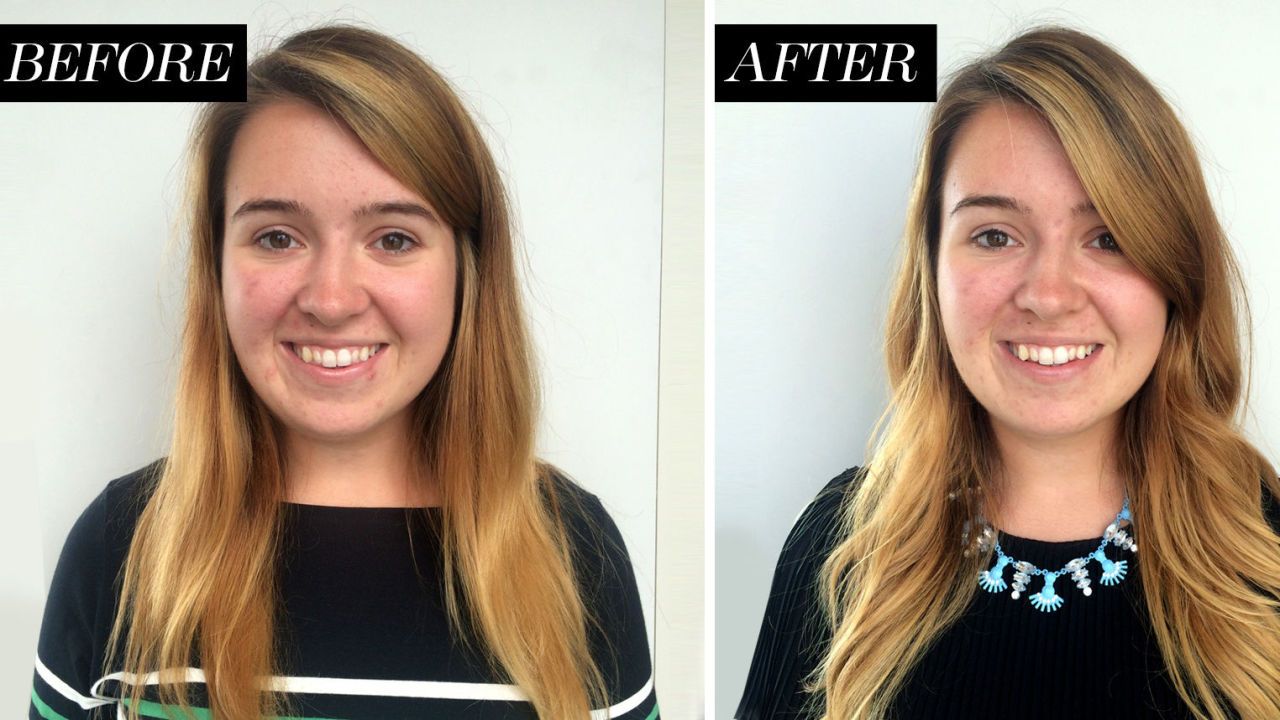
You stop eating sugar. The obvious kind. Cookies. Ice cream. Soda. You expect clarity. But instead, you feel tired. Your brain feels slower. You lose focus easily. This isn’t failure—it’s chemical withdrawal.
Sugar affects dopamine, a neurotransmitter linked to reward. Removing it creates imbalance. You don’t feel joy as quickly. Energy dips. Your body asks where the stimulation went.
The diet shifts, but your mind takes longer to adjust.
Cravings arrive in waves, often stronger when you’re tired or distracted
You crave sugar when you least expect it. After meetings. While waiting in traffic. During quiet afternoons. The desire doesn’t come from hunger. It comes from habit.
These cravings often pass in minutes. But they feel urgent. Sugar trained your brain to seek quick rewards. Without it, the brain looks for alternatives—sometimes salty, sometimes starchy, always fast.
The craving is less about food and more about rhythm.
Your taste changes as sweetness sensitivity resets
Fruit begins to taste sweeter. Coffee becomes richer. Vegetables carry more depth. These changes don’t happen overnight, but they begin within weeks.
Without processed sugar, your taste buds recalibrate. What once felt bland now surprises you. A ripe strawberry can feel like dessert. A roasted carrot feels indulgent. Your palate expands in silence.
Sweetness returns—but through real food, not shortcuts.
Mood swings appear not because of food absence, but hormone rebalancing
Sugar affects cortisol, insulin, and dopamine. Removing it causes shifts. You feel edgy. Restless. Impatient. It’s not hunger—it’s recalibration.
These emotional dips can confuse you. You wonder if you’re doing something wrong. But the body’s adjusting. Blood sugar stabilizes slowly. Emotional steadiness comes after chemical balance.
Mood follows molecules.
Sleep quality often improves—but not right away
At first, sleep may feel lighter. You wake up more often. Dreams feel stranger. But after several days, deep sleep returns. Your body no longer deals with late-night sugar spikes.
Melatonin production improves when blood sugar stabilizes. Rest becomes more consistent. Waking up doesn’t feel as jarring.
Sugar hides in your sleep cycle. Its exit changes your nights.
Skin changes begin subtly through less inflammation
You may not expect it, but your skin notices. Redness softens. Breakouts reduce. Oiliness decreases. These signs emerge slowly.
Sugar spikes insulin, which triggers inflammation. That inflammation often shows on the skin. Removing sugar quiets that internal signal. The result isn’t instant, but noticeable.
Your skin reflects what your blood carries.
Energy feels lower at first, then steadier throughout the day
You expect energy. But early on, you feel drained. That’s normal. Sugar was a quick source. Now your body turns to slower fuels.
Over time, your energy no longer spikes and crashes. You wake up stable. You move through tasks without slumps. This steady energy doesn’t feel dramatic—but it lasts longer.
The crash disappears, replaced by consistency.
Gut bacteria begin to shift, often causing early discomfort
Your microbiome fed on sugar. Especially certain strains. When sugar stops, those bacteria reduce. New ones rise. This microbial change creates gas, bloating, or altered digestion for a while.
Then, things regulate. Fiber-fermenting bacteria increase. Digestion improves. Bloating fades. Regularity returns. Your gut feels calmer, less reactive.
Microbes follow diet—and they make you feel what they feel.
Emotional eating patterns become more visible without sugar as a buffer
You notice when you reach for food out of emotion. Sugar used to cover that pattern. Now it’s visible.
Stressful moment? You want something crunchy. Bored? Something sweet. But without sugar, you pause. You notice. Emotional patterns don’t disappear, but you respond differently.
Awareness replaces reaction.
Over time, you stop thinking about sugar as often as you expect
What felt like absence becomes neutrality. You stop fixating. You no longer count days. Sugar doesn’t call to you. You see it, but don’t need it. The desire fades, not because it’s forced—but because it’s lost its urgency.
You eat differently. But more importantly, you feel different around food.
Quitting sugar ends up changing more than flavor—it shifts attention.
